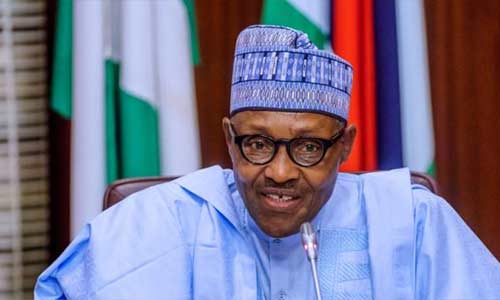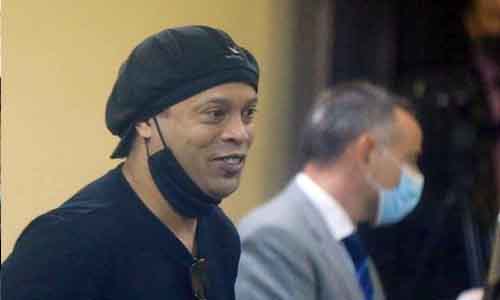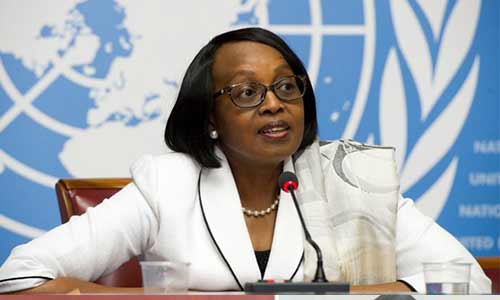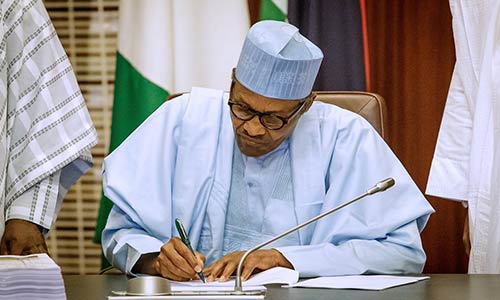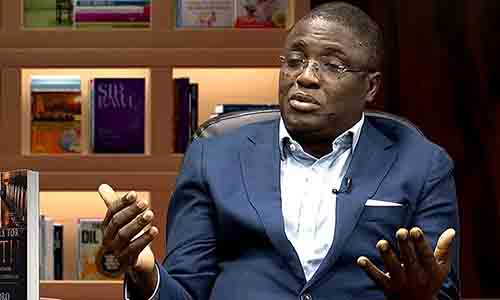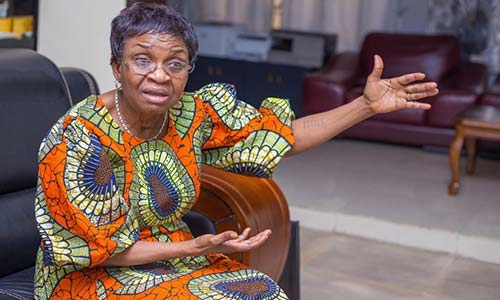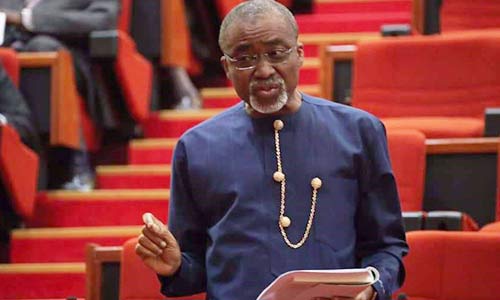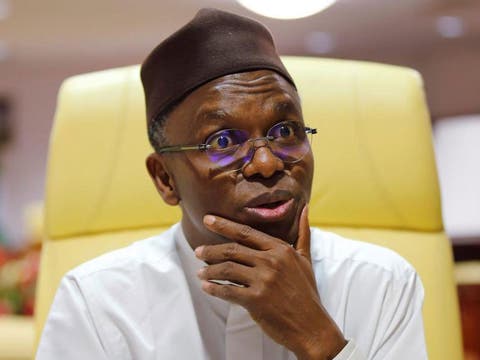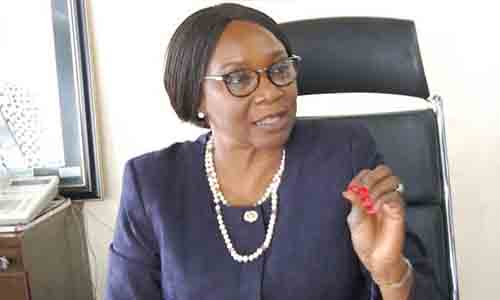President Muhammadu Buhari yesterday in Abuja listed nine policy issues that will be the major focus of the remaining three years of his administration.
According to him, between now and 2023 when he will complete his second term of four years, he will channel time, energy and resources towards growing the economy, fighting poverty, improving access to quality education, healthcare and enhancing productivity, among others.
Buhari, while receiving letters of credence from Ambassadors and High Commissioners of eight countries at the State House, Abuja, said the priority areas were geared towards dictating people-focused policy directions of the federal government in the next few years.
“In our efforts to achieve a realistic domestic and foreign policy, as well as national development, we have identified the following nine priority areas to guide our policy directions over the next few years,” he said.
A statement by his media adviser, Mr. Femi Adesina, listed the nine priority areas to include: building a thriving and sustainable economy; enhancing social inclusion and reduce poverty; enlarging agricultural output for food security and export; attaining energy sufficiency in power and petroleum products and expanding transport and other infrastructural development.
Others are: Expanding business growth, entrepreneurship and industrialisation; expanding access to quality education, affordable healthcare and productivity of Nigerians; building a system to fight corruption, improving governance and creating social cohesion and improving the nation’s security.
Buhari said efforts were being made to sustain Nigeria’s position as a profitable investment destination with unequalled incentives in all sectors.
He listed a large market and flexible tax system as areas of focus that investors from various countries could explore.
The president described Nigerians as the “nation’s most prized assets,” saying the priority areas have already been captured in the Economic Recovery and Growth Plan (ERGP).
He described the ERGP as a medium-term initiative pioneered by the federal government to restore economic growth and development through the resourcefulness and resilience of citizens.
He appealed to the envoys to maximise the opportunity of their deployment in the country to improve on Nigeria’s relations with their respective governments and people.
“I have no doubt that you might have prior and in-depth knowledge of Nigeria’s huge potential, which you will hopefully see for yourselves. I, therefore, urge you to go around the country, see things for yourselves and report to your home governments. This is important as you all are representatives of both your sending and host states,” he said.
Buhari added that Nigeria supported various principles of international law, cultural diversity, the sovereignty of nations and valuable relations among nations without discrimination.
He explained that Nigeria does not discriminate among nations irrespective of their sizes as every nation is respected in its own right.
Nigeria is also ready to respect and relate with every country in the spirit of dialogue and cooperation, he stated, while enumerating areas of cooperation where Nigeria is ready to be involved.
“Nigeria strongly supports joint action to ensure a democratic and fair world order based on strict respect for the norms of international law, the United Nations charter, recognition of the unquestionable value of cultural diversity, national sovereignty, and the right of all countries to decide their future freely, without external pressure.
“Nigeria does not divide its partners into big and small; we value and respect every country, and with every country, we are ready to pursue dialogue, as well as build cooperation on the basis of equality and constructive mutual respect.
“These include our cooperation in strengthening regional, continental and global peace and security, resolving complex issues, settling conflicts, as well as addressing dangerous threats to mankind, among which include terrorism, the proliferation of small arms and light weapons, human trafficking, cybercrimes, poverty, communicable diseases and epidemics,” he said.
According to the statement, the Ambassador of Algeria to Nigeria, Hocine Latil, who spoke on behalf of his colleagues, said each of them conveyed greetings and their home governments’ agenda to Nigeria.
He said Nigeria was always focused on resolving conflicts in Africa and simultaneously not failing in its domestic matters.
“On behalf of my colleagues, we thank you for receiving us. We know that your schedule is tight. As the giant of Africa, you are always focused on resolving conflicts in the continent, while taking care of your domestic issues as well,” he stated.
Besides Latil, other diplomats who presented their letters of credence yesterday were Luong Quoc Thinh of Vietnam; Dr. Benson Alfred Bana of Tanzania; Traore Kalilou of Cote d’Ivoire; Abakar Saleh Chahaimi of Chad; Jamal Mohammed Barrow of Somalia; Brahim Salem El Mami Buseif of Sahrawi Arab Republic and Mohammed Alibak of Iran.

